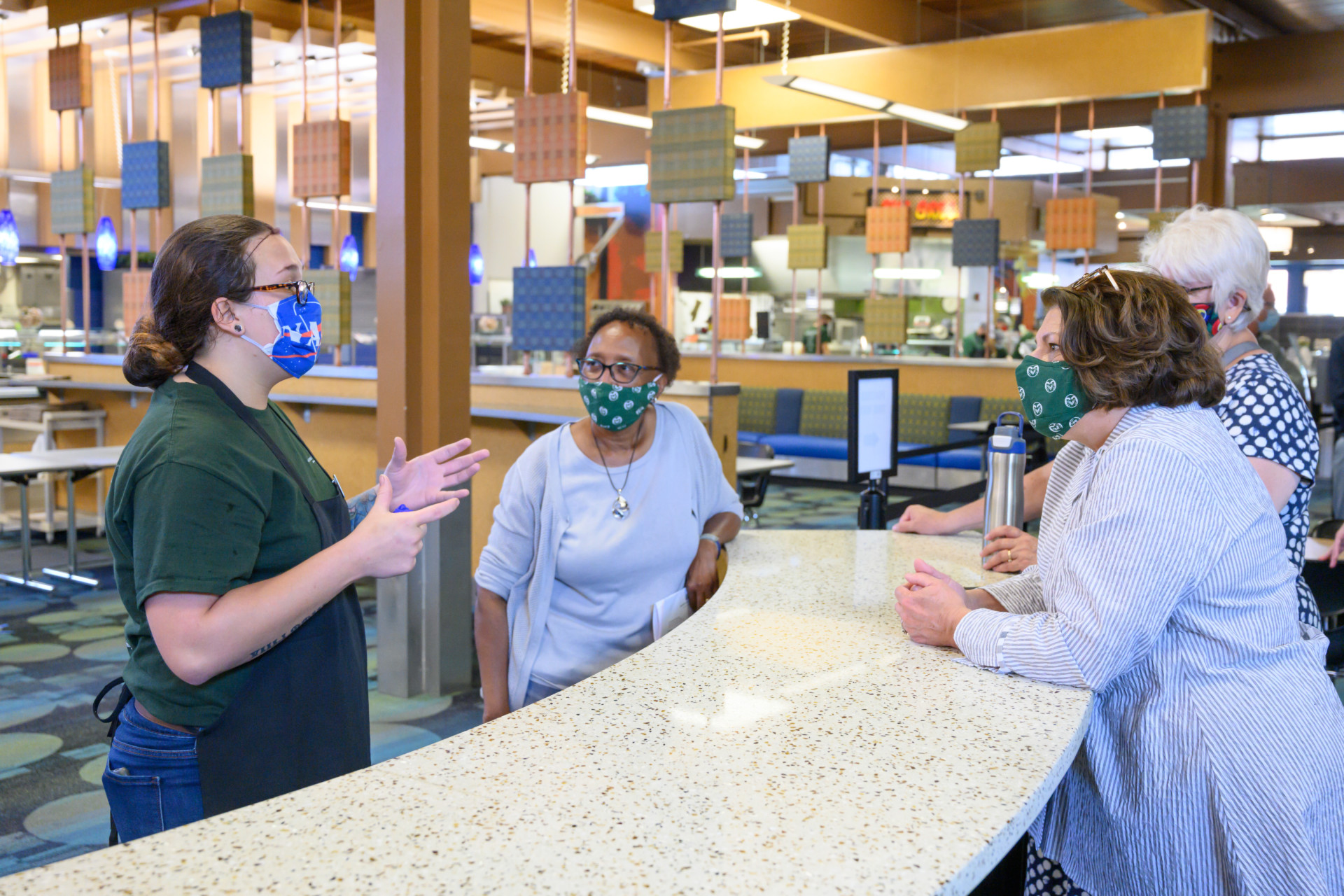The Role of Veterinary Labs in Protecting Pet Health
The Role of Veterinary Labs in Protecting Pet Health
Blog Article
Ensuring your dog or cat stays in top condition, diagnostic exams plays a vital role. Veterinary laboratories help identify potential issues for our beloved pets.
Through this guide, we’ll examine the importance of veterinary testing and outline essential diagnostics.
What Are Veterinary Laboratories?
Pet testing facilities conduct a range of tests to assist veterinarians. These labs use advanced technology to help vets identify problems quickly.

Key roles of veterinary labs include:
- Identifying problems before they worsen: Supports better outcomes.
- Monitoring ongoing conditions: Keeps you informed about your pet’s progress.
- Adjusting medications as needed: Ensures therapies are working.
Common Veterinary Tests for Dogs and Cats
Veterinary labs provide multiple testing services to identify potential problems. Common diagnostics include:
- Biochemical testing: Identify underlying diseases.
- Urine diagnostics: Check for diabetes.
- Intestinal health exams: Check for dietary issues.
- Allergy panels: Help with skin irritations.
- X-rays and ultrasounds: Examine bones and joints.
Why Routine Exams Are Important for Pets
Routine lab work is a critical part of pet ownership. By identifying potential problems early, vets can create effective treatment plans.

Additional benefits include:
- Maximized years with your pet: Ensuring effective care helps pets enjoy a better life.
- Cost-effective care: Managing minor issues promptly saves resources down the road.
- Closer connection through care: Regular testing builds trust.
clínica veterinária e laboratório ivd
laboratório veterin
Why Testing is Key for Dogs and Cats
Veterinary laboratories provide vital support to vets in giving them the best care possible. With ongoing lab evaluations, you’re giving your pets the best chance at a happy, healthy life.
Schedule a diagnostic test today to protect their future!
Report this page